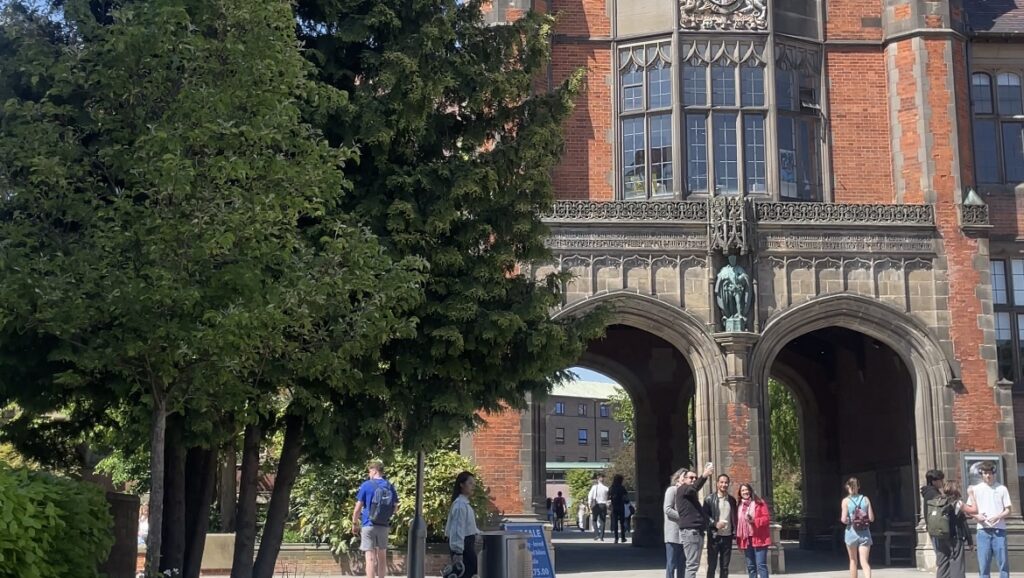
Working-class people across North East England are experiencing class-based discrimination at university, according to claims made by students.
Students in the North East have described coming across “deeply ingrained” classism, with working-class students facing mockery for their regional accents, social backgrounds and financial situations. Some claim these experiences reflect deeper issues with elitism in university culture.
Ralfs Clarke, the Working Class Representative at Durham University’s St Cuthbert’s Society, said that while overt classism is less common today, it remains embedded in more subtle ways.
“I think classism, in the form that it takes now, is a lot more subtle,” he said. “It plays on assumptions and ignorance about the working-class experience.”
Clarke said that while financial support such as bursaries and hardship funds were available, cultural barriers persisted. “If you’ve been to private school, you already have those pre-established networks and opportunities. Everyone else starts from scratch.”
Around 20% of undergraduate students across the 24 Russell Group universities are from working-class backgrounds, according to recent data. At the same time, UCAS figures have shown that the number of disadvantaged students securing a place at university hit a record high in the 2024/25 academic year.
However, some students from across the North East say that more needs to be done to counter classism at university.
Michael Bradley, a 20-year-old student from Wallsend, said he felt “out of place” when he arrived at Newcastle University. “I’ve had a lot of people mock the way I speak, even though I’m from the area we study in,” he said. “It really wears you down.”
More than half of students from the North of England report having experienced negative comments or jokes about their accents. Bradley said that the jokes about his Geordie accent started early and quickly became part of everyday life.
Sophie Jarvis, 23, said she had also encountered judgement from her peers, particularly about her need to work part-time alongside her studies.
“Being northern and coming to a northern university, you’d kind of assume, with the city being more historically working-class, that classism would be less rife. But I’ve definitely experienced it here – especially working a part-time job,” she said.
A recent Higher Education Policy Institute (HEPI) survey found that 56% of full-time students work in paid employment alongside their studies. Jarvis said she had faced questions like, “Why can’t you get support from your parents?” from fellow students who were unaware of the financial realities faced by many from lower-income backgrounds.
In response to growing concerns, students in the North East are calling for more support against classism. This includes making stronger efforts to address cultural elitism and recognising class as a protected social identity.
“It’s not just about getting in,” said Clarke. “It’s about feeling like you belong once you get to university, and not being alienated because of where you come from.”
